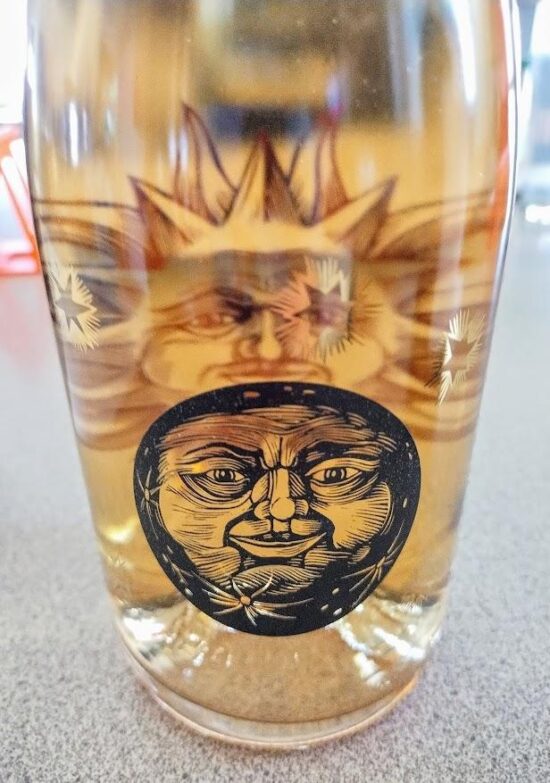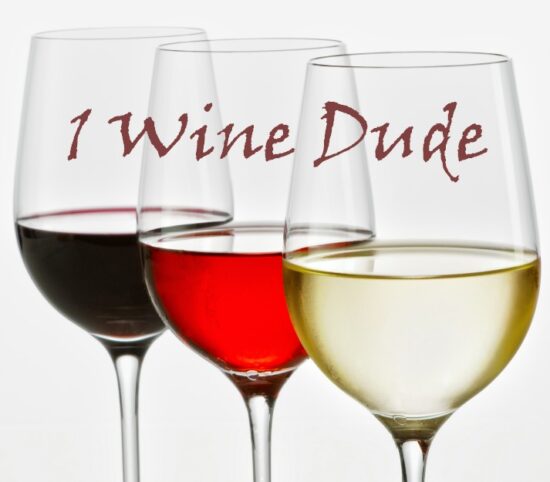
The most fascinating job title I’ve ever run across is grain merchant. A friend had just moved to London and decided to spend the first few months living big, which involved a spacious and rather well-kept, if somewhat démodé, flat in Belgravia. His landlord was, apparently, a grain merchant. The title has stayed with me. Consciously, I know that the guy’s job is probably rather mundane, likely involving badly set up spreadsheets, angry phone calls and tedious words like futures, options and margins. But in my mind’s eye it is something completely different, full of top hats and schooners and debtors’ prisons. I bet if I ever worked for the grain merchant, I would be really disappointed.
I wonder sometimes if the wine trade doesn’t suffer from a mass case of my grain merchant illusion. All sectors have their cynics and nihilists of course, their bitter veterans and conspiracist youngsters. But I posit that wine has more, many more even, of those than usual. It seems every other wine professional I meet is there to tell me it’s all pointless, or pretentious, or fake. Sometimes the problem is with the presumed gatekeepers: the critics, or the big merchants, or the supermarkets. Other times it’s the public: ignorant and unappreciative, swine in the face of vinous pearls. Or it is society, or even life, at large, the structural inequalities and the fundamental rottenness of human nature. Often, the problem is identified as wine itself, like there is something inherently wrong in putting so much thought and effort into a thing which is, in the end, so trivial. No surprise, this line of argument goes, that it would attract snobs, bullies, and weirdos.
Wine education, I have written before, is partly responsible for this. Its traditionalism and capriciousness probably don’t help. Lawyers don’t rush to tell me about their English literature degree at Oxford, and doctors won’t usually work a music diploma into a conversation. Wine professionals, on the other hand, often seem intent on making me know they also studied Something Else once.
I have come to think, however, that the path that leads many to the wine trade is equally to blame. With a few exceptions (usually involving a family tradition) most people seem to stumble into a job in wine by accident. They probably think they know what wine is, maybe they had a boyfriend who drank Shiraz at university, or an uncle who bored everyone at the Christmas table insisting on an, incorrect as it turns out, pronunciation of Châteauneuf-du-Pape. They probably start thinking it’s not that different from working in a store that sells greetings cards or scented candles. What they find instead is geekdom supreme, a kaleidoscope of characters, hierarchies, and structures that must seem overwhelming at first. In the backdrop there is the promise of luxury; there are few people keener to talk about their customers than wine trade newbies. The phrase “the type of customer we have” and its…



